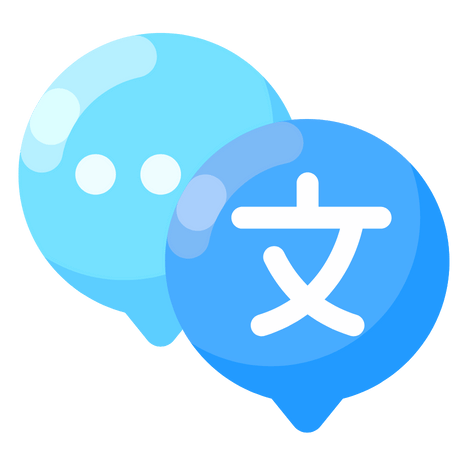Translation agencies and bureaus play an essential role in our globalized world. These language experts offer a full range of services to meet the intercultural communication needs of companies and individuals. Let’s find out more about the strengths of these professionals and how they can help you bring your international projects to fruition.
A wide range of language services
Translation agencies offer much more than simply converting texts from one language to another. Their offer extends to many specialized fields, reflecting the diversity of their customers’ needs:
- Technical and scientific translation
- Legal and financial translation
- Medical and pharmaceutical translation
- Marketing and advertising translation
- Website and software localization
In addition to written translation, these language experts also offer interpreting services for conferences, business meetings or international events. Transcription, subtitling and dubbing often complete their catalog, meeting the needs of the audiovisual industry.
A crucial aspect of their work is sworn translation. These certified documents are indispensable for many international administrative and legal procedures. Agencies with sworn translators can provide officially recognized translations, guaranteeing their validity with the relevant authorities.
| Service | Description | Fields of application |
|---|---|---|
| Written translation | Conversion of texts between different languages | Technical documents, contracts, websites, brochures |
| Interpreting | Real-time oral translation | Conferences, business meetings, courts |
| Localization | Cultural adaptation of content | Software, video games, marketing campaigns |
Human expertise at the heart of quality
The strength of translation agencies lies in their human capital. These agencies employ highly qualified professional translators, often specialized in specific fields. This sector-specific expertise guarantees a thorough grasp of the subject matter and the use of appropriate terminology.
The translation process involves more than just word-for-word conversion. It involves several crucial steps:
- Source text analysis and terminology research
- Translation by a native speaker of the target language
- Revision by a second translator
- Final proofreading and quality control
This rigorous approach ensures not only linguistic accuracy, but also stylistic consistency and cultural appropriateness of the message. Translation agencies also invest in state-of-the-art technological tools, such as translation memories and specialized glossaries, to optimize efficiency and maintain terminological consistency over the long term.
Confidentiality is another crucial aspect of translation agencies’ work. They implement strict protocols to protect their clients’ sensitive information, particularly important for legal documents or corporate strategies.

Adapting to the challenges of a changing market
The translation sector is experiencing sustained growth, driven by the globalization of trade. Nevertheless, it faces major challenges, not least the emergence of artificial intelligence and machine translation. Agencies must constantly innovate to remain competitive.
The judicious integration of new technologies has become essential. Modern translation agencies combine human expertise with AI tools to optimize their processes, without compromising quality. This synergy means faster turnaround times and more competitive rates, while maintaining the accuracy and nuance that only a human translator can deliver.
Specialization is another major advantage of translation agencies. By focusing on specific niches, they develop cutting-edge expertise, particularly valuable in complex fields such as medicine, international law or advanced engineering. This specialization enables them to stand out in a highly competitive market.
Choosing the right agency for your projects
Selecting the ideal translation agency for your needs involves taking a number of criteria into account:
- Scope of services offered
- The agency’s areas of specialization
- Quality certifications (such as ISO 9001)
- reputation and customer testimonials
- Ability to manage large, complex projects
Don’t hesitate to request personalized quotes from several agencies. Rates can vary considerably depending on the volume of work, the complexity of the subject and the languages involved. A good translation agency will be able to advise you on the best solution for your project, whether it’s a one-off translation or a long-term partnership.
By choosing a professional translation agency, you are investing in the quality of your international communications. These linguistic experts are the guarantors of the accuracy of your message, whatever the target audience. Their contribution can be decisive for the success of your projects abroad, helping you to cross linguistic and cultural barriers with confidence.
